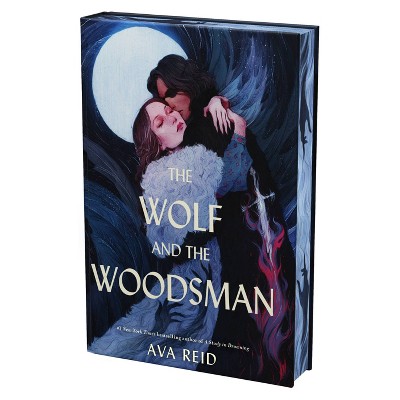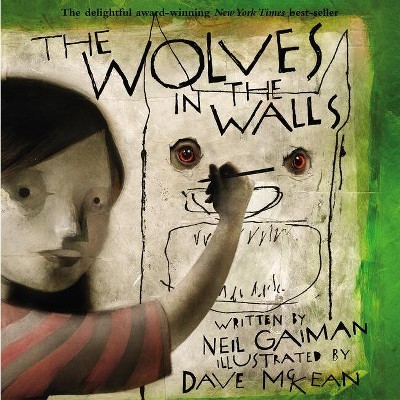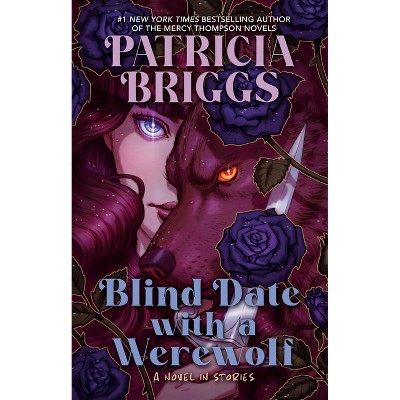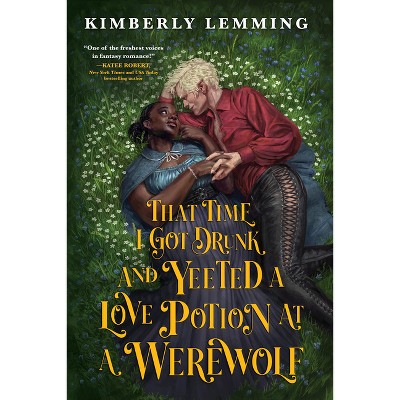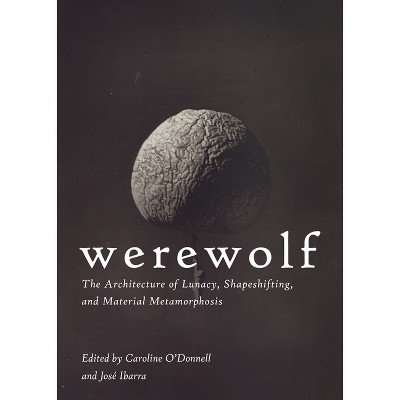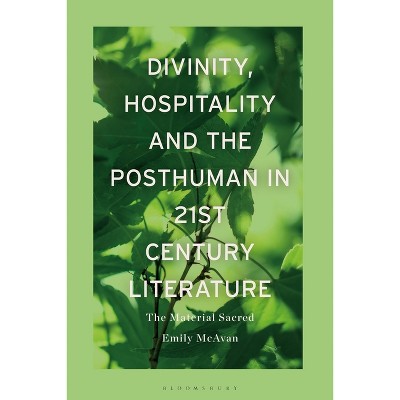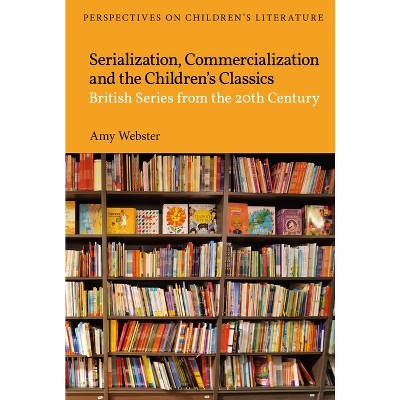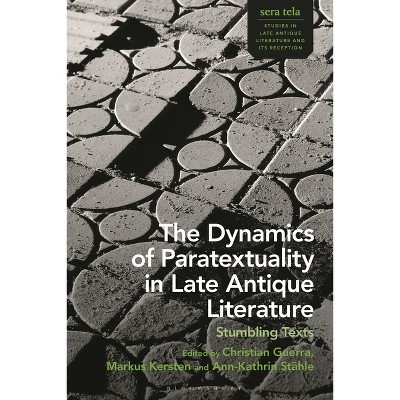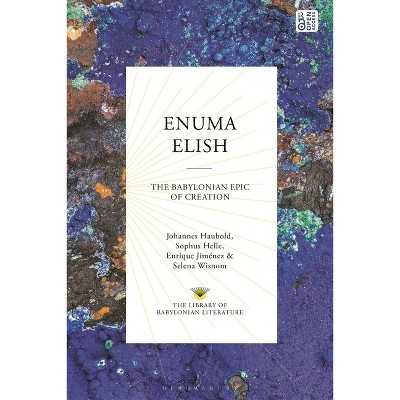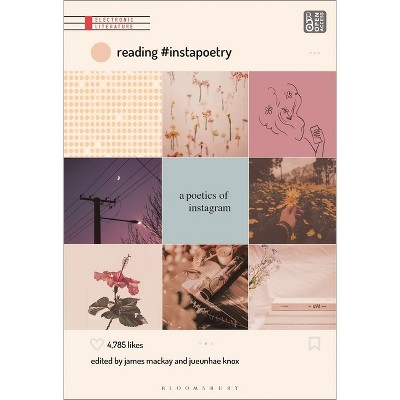About this item
Highlights
- Using an Ecogothic lens, this book offers a new conceptual framework for the werewolf in literature, recasting the lycanthrope as an emblem for society's fear of untamed wilderness.
- About the Author: Kaja Franck is Lecturer in English Literature at the University of Hertfordshire, UK.
- 216 Pages
- Literary Criticism, Gothic & Romance
Description
Book Synopsis
Using an Ecogothic lens, this book offers a new conceptual framework for the werewolf in literature, recasting the lycanthrope as an emblem for society's fear of untamed wilderness. Tracing lycanthropy from a place of liminality to hybridity and to myriad and complex subjectivities, The Ecogothic Werewolf in Literature reassesses the Gothic werewolf to show how the relationship between humans and wolves has influenced its representation in literature. Starting with Dracula and tracing lycanthropic imaginings through natural histories, folk and fairy tales to contemporary iterations in the works of Maggie Stiefvater, Whitley Strieber and Glen Duncan, Kaja Franck reconsiders the trope of the 'beast within' in the werewolf canon.
From early conservationist Aldo Leopold's awakening regarding the death of wolves, to George Monbiot's call to rewild, tensions around humanity's responsibility to the natural world have emerged in lycanthropic literature. A challenge to previous anthropocentric analysis of Gothic horror's stock monster, Franck considers the changing attitude towards wolves alongside the growing environmentalism movement and reclaims the wolf from the figure of the werewolf.About the Author
Kaja Franck is Lecturer in English Literature at the University of Hertfordshire, UK. She is the co-organiser of the 'Macabre Danse' research project, which is dedicated to exploring the intersection of dance and the gothic. Her research interests centre on the ecogothic particularly monsters and monstrous animals, weird pedagogy, and she has previously published on the depiction of werewolves in Dracula (1897), the Canadian gothic and YA fiction, and organised international conferences on werewolves, vampires and faeries in literature and popular culture. More recently her publications include chapters in Religious Horror and the Ecogothic (2024, ed Kathleen Hudson and Mary Going) and The Legacy of John William Polidori (2024, ed Sam George and Bill Hughes).Shipping details
Return details
Guests also viewed
